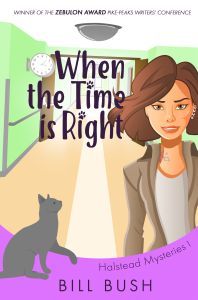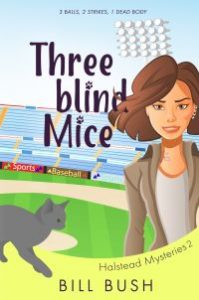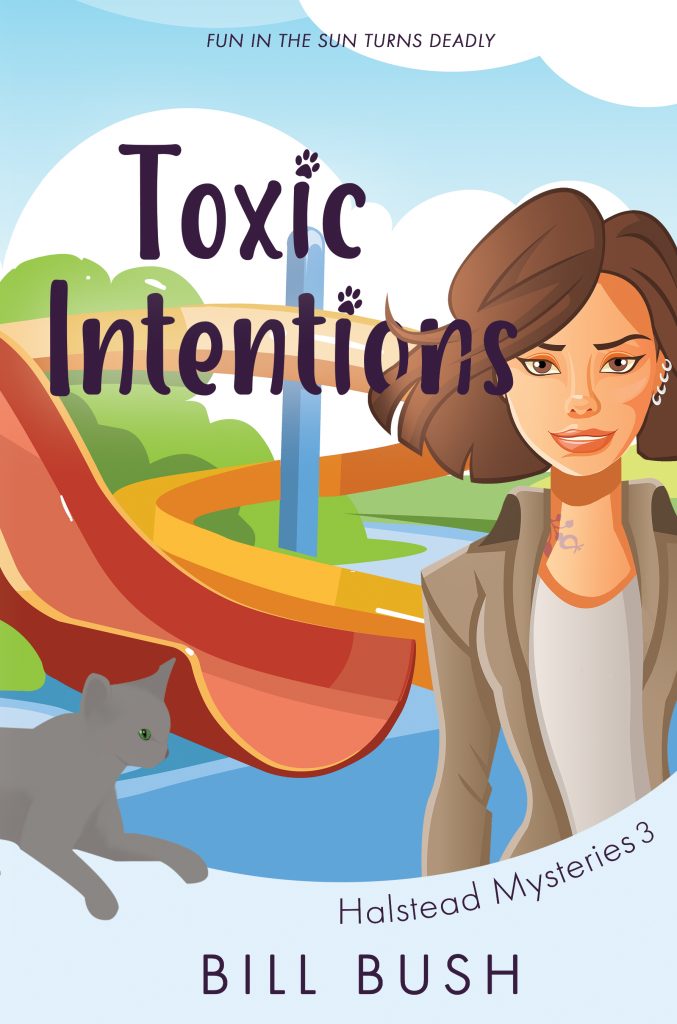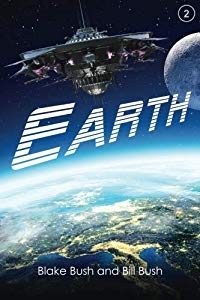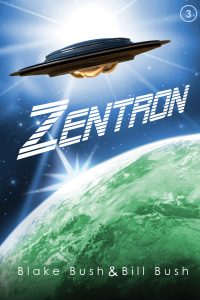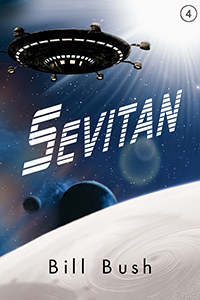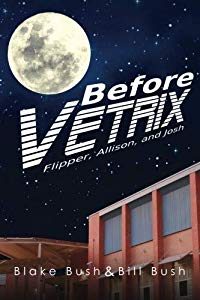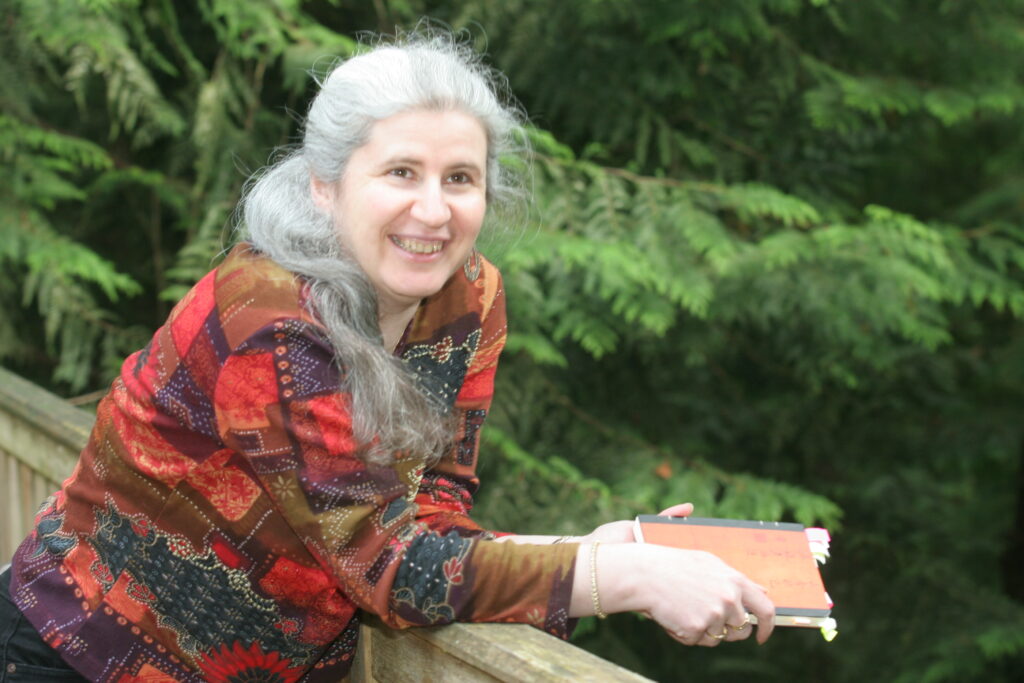
Biography
Alma Alexander’s life so far has prepared her very well for her chosen career. She was born in a country which no longer exists on the maps, has lived and worked in seven countries on four continents (and in cyberspace!), has climbed mountains, dived in coral reefs, flown small planes, swum with dolphins, touched two-thousand-year-old tiles in a gate out of Babylon.
She is a novelist, anthologist and short story writer who currently shares her life between the Pacific Northwest of the USA (where she lives with the obligatory writer’s cat) and the wonderful fantasy worlds of her own imagination.
You are currently promoting a new book. Tell us about it.
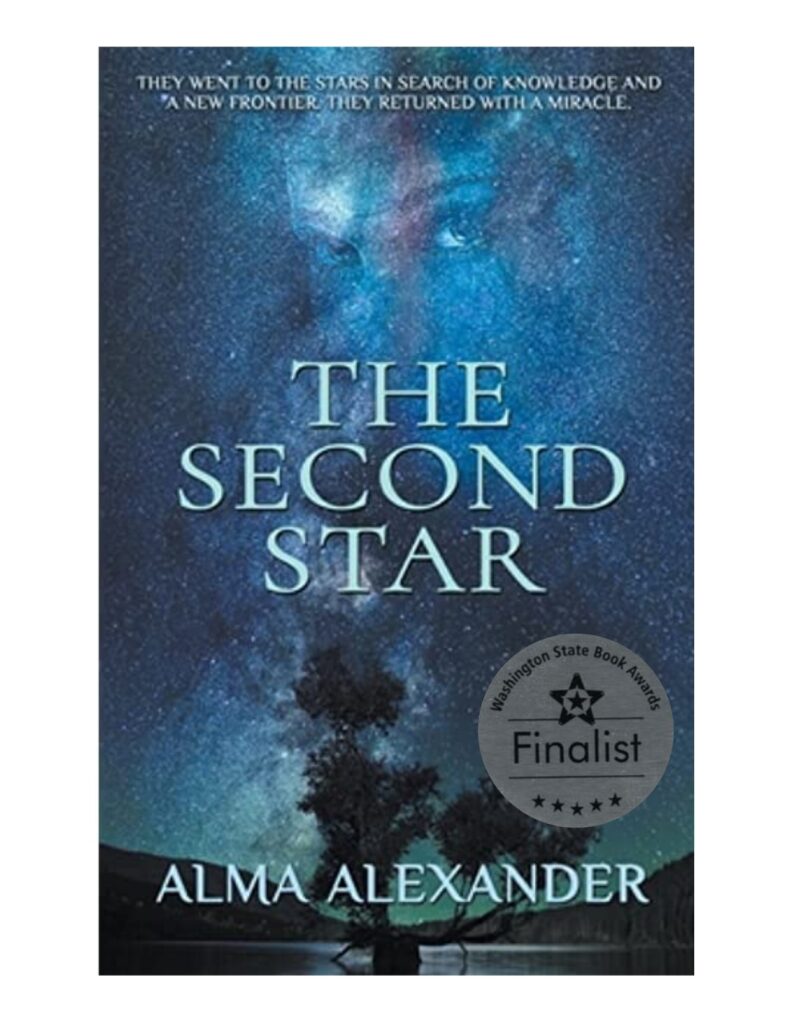
The latest big novel is “The Second Star”, finalist for the Imadjinn Award and the Washington State Book Award in 2021, and something I would really love to bring to your attention.
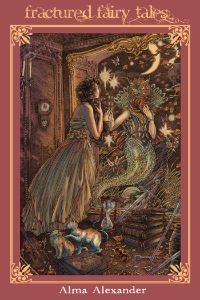
The latest published book is the collection “Fractured Fairy Tales”, which has some luminous tales in it (fairy tales new, old, and retold, as well as ‘fairy tale like’ stories which fall under the same umbrella, with one of the best covers I’ve ever had with art by James Artimus Owen.
The book that is coming up just in time for Christmas 2022 is “Val Hall: Century”, an omnibus edition of “Val Hall: The Even Years” and “Val Hall: The Odd Years”, with several brand new Val Hall tales included as well. Val Hall, for those who haven’t met it yet, is a Retirement and Rest Home for Superheroes Third Class (with First Class being those who are just GODS and can’t help their superpowers and Second Class the mere humans with enough money to throw at the problem and maybe replace or aid ‘superpowers’ by gadgetry money can buy; Third Class are humans like thee and me who are triggered by something to respond with a superpower). Val Hall is their final sanctuary, and these stories are a fine blend of history, human relationships and values, and pure superhero ker-pow. I commend it to your attention.
The book being released this summer is something quite different, a memoir entitled “Forever is Shorter Than It Used To Be”, a story of a journey from love to widowhood, and if you have read “The Year of Magical Thinking” by Joan Didion this is something along those lines… Lots of other stuff in the pipeline for 2023…
You have three pages of books listed on your Amazon page. Briefly tell us what people will find when they look through your listing.
Lots of fantasy of various subgenres (contemporary, paranormal, historical, epic, urban…) as well as science fiction (both serious and humorous), contemporary mainstream fiction, short story collections (including anthologies I’ve edited), and several nonfiction books. Please, come and browse. You’re sure to find something that piques your interest.
How have things changed in the nearly twelve years that you’ve been publishing?
Both massively, and not at all. The traditional publishing arena has shrunk and shrunk until there are now only three Big Publishers out there and that makes it harder for writers to crack the gatekeepers and get a berth there. At the same time those publishers have shrunk their advances (for their midlist and their non-househld-name writers, anyway) and left more and more of the publicity and promotion that they used to do to the writers. Most of us find that difficult to do – writers tend to be introverted people and shilling for our own books is almost impossible to do with any degree of grace.
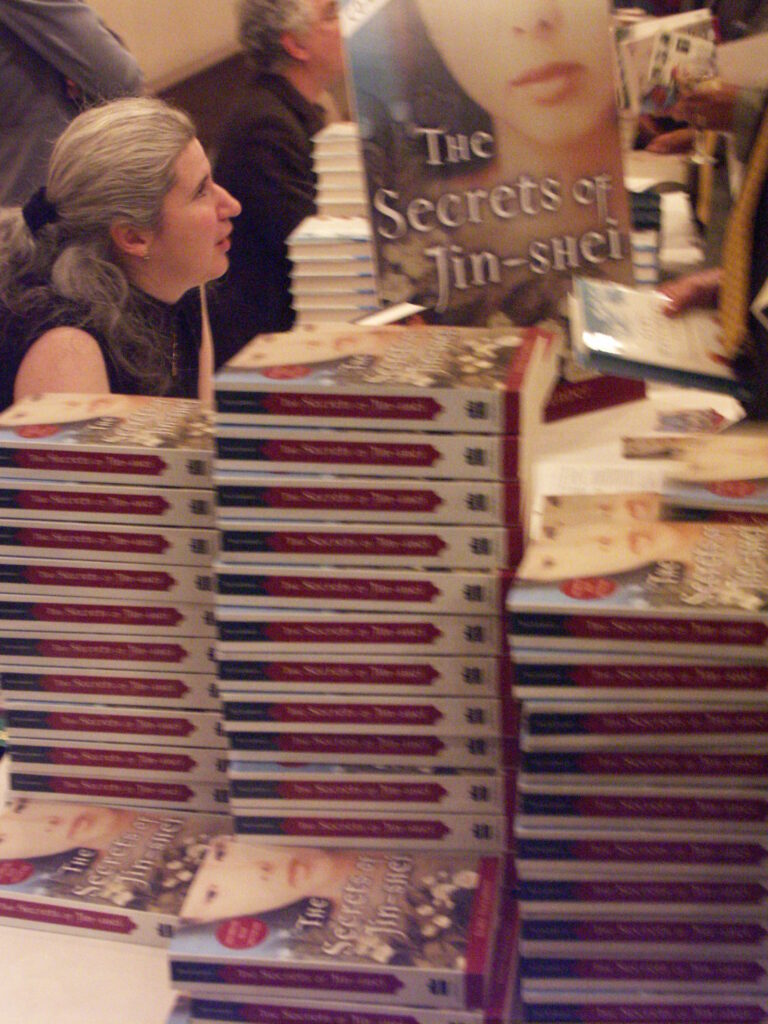
And if you’re indie-published, or even self-published (there is a lot more of that these days) your road becomes even harder because you literally get no promo support at all and are also strictly enjoined from even mentioning your own work anywhere on social media on pain of banishment (even if someone on a listserv wants a recommendation for a book that sounds like a synopsis of your own novel, you aren’t allowed to mention its name… and it is unlikely that enough other people have read it to do so for you…)
I think that many of us just wanted to WRITE. But we have all been forced to become editors, designers, formatters, publicists, marketers, advertising executives, salespeople, and anything else that might be needed at the drop of a hat… and we don’t get paid extra for it…
What have you learned about yourself and your writing during your career?
Mostly that I write because I NEED TO WRITE. I have told people before, if you want to be a writer nobody can stop you and if you don’t then nobody can help you – and that is true. I write because there are stories that flutter around in my mind and drive me crazy until I tell them, write them down.
I’ve never and will never “write to market” which means that I simply have to hope that somewhere there is a market for what I write rather than vice versa. I am responsible to myself and to my story, and after that to the reader who picks it up. The market can take care of itself.
Which best describe where you are currently at in your career: Slowing down; Hitting your peak; Just getting started.
Somewhere in the middle, hip deep in the big muddy and forging ahead with varying degrees of resolution on any given day…
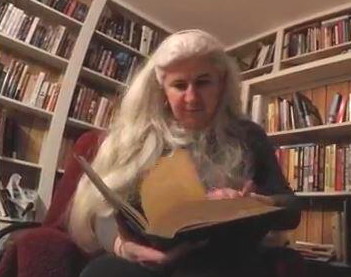
Do you have a favorite book that you’ve written? Favorite character or world?
That’s like asking a mama to choose a favourite child. Could I turn the tables? If you are reading this interview and you read anything I have written could you let me know what YOUR choice is? I always love hearing from readers,,,
Where/how do you come up with your story ideas?
There’s a tree in my back yard, and I just pick them when they’re ripe. (What? You don’t believe me? What did you expect me – or any writer – to say to this? Ideas are everywhere…)
What do you like to do when you’re not writing?
Read, knit, take photographs, spend time with my cat. Recently, make bread (I started in the whole pandemic lockdown thing and now I am addicted to the smell of fresh bread just being taken out of my oven…)
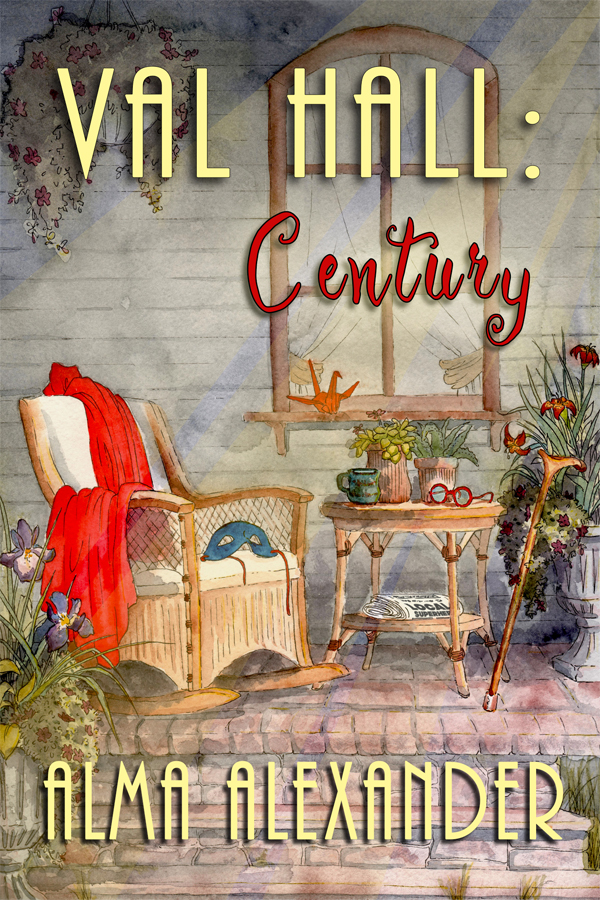
What does success look like for you as an author?
A satisfied reader, particularly one who contacts me to tell me so. Seriously. That is why we all write – to be read. Riches and fame don’t come to many in this field and you only know their names because there ARE so few of them. But ALL of us write to be read, no matter what else might come our way.
Website: http://www.AlmaAlexander.org
Amazon author page
Twitter
Facebook
Patreon
Book Locations: https://bookviewcafe.com (selected ebooks), https://www.amazon.com/Alma-Alexander, or look at the Book Table page at www.AlmaAlexander.org
Excerpt: A short story entitled “Go Through” – it currently appears in the “Fractured Fairy Tales” collection.
It’s a street. There are houses. They are old, built of brick, mortared, painted; the windows are framed in carved wood. There may be gargoyles on the edges of the roof – I don’t know. I don’t look up. I never look up.
At my feet, the cobbles – uneven, gray, worn. Sometimes wet with a persistent annoying drizzle, or with rain that has already come and gone leaving just puddles in its wake. Sometimes dry, dusty, absorbing sunlight, radiating heat back. I have to keep looking down as I walk because the street looks as though it might once have been a wave of water – a wave rising and falling, a memory of motion now caught and frozen for eternity under the old cobbles. If I don’t look where I am going I will turn an ankle, twist a foot, stub a toe. There will be pain.
Pain. There is always pain. I think I carry it with me. I brought it here. I wear it. I leave it in the tracks I leave behind on the cobblestones.
Right until I fetch up once again at a door that should never have been in front of me.
That’s the way I live my life. I stumble and stagger in the direction that I am perfectly certain I am supposed to be moving in – and then I find myself yet again in front of the unexpected door, the door I should never have met, never have touched, the door I should never ever ever even consider walking through – because I know where it goes, because I have no idea where it goes, because it is not a door that was meant for me, but here I am and there it is and I open it and step through…
* * *
She doesn’t know, when she wakes, where she is. Not quite. The bed – the room – they look vaguely familiar but she can’t be sure whether it’s because she’s seen this particular room or slept in this particular bed before or because she’s seen a thousand rooms just like this one.
Beside her on the other pillow, he sleeps. He snores. There is the shadow of a beard on his face. She tries to hunt through her mind for his name, but fails. It’s a man. That’s all she knows.
She gets up, slowly, carefully, disturbing as little of the bed as she can. She lays one long-fingered hand on the dusty curtain, brings her face up close and inhales the musty scent of fabric which hasn’t been washed for years, puts her eye to the crack where the two wings of the curtains have been pulled together, peers outside. Nothing is quite familiar. Nothing is completely strange. She almost thinks she recognises the place. She is not sure enough to swear to it. If she walked down this street and turned a corner she is almost-but-not-quite-completely certain that she would see an open square, with a tree whose outlines she has known for years, with certain shops lining the square, with a worn path through the grass where people persist in taking shortcuts. But perhaps none of this is real. Perhaps she has just dreamed it all, there in that bed which is still warm with the memory of her presence – perhaps she has put together that square in her mind from dozens of mental snapshots of places she has known but it has never existed, in the shape or form that she now visualises it, outside the confines of her imagination.
She glances back to the bed. He is still asleep. She suddenly knows that she could not bear it if he woke, if he looked up and frowned as if he couldn’t remember her face at all, or worse, if he woke up and smiled and called her by name or called her his darling. She can’t face any of it. She’s alone, here, now, in a cold room with the grey light of early morning gathering outside and the first shadowy shapes of scurrying people hugging the houses, scuttling along the sidewalks with their heads down and their shoulders hunched, their hands gloved and their collars raised. That tree in that square which may or may not exist no longer has its leaves, she knows this for a certainty – it’s autumn, late autumn, sliding into winter, the light tells her so.
She dresses in silence. There is a run in her pantihose, draped across the back of the chair. No help for that. She slides her feet into the stockings, smoothes them over her legs. Pulls on a nondescript dark skirt, a sweater. There is a battered handbag lying by the door; she pads towards it in stocking feet, carrying a pair of sensible shoes in her left hand, picks up the handbag with the fingertips of her right hand – there is no other woman here, the bag must belong to her, after all. Somewhere, soon – not here, not now – perhaps over a cup of coffee in a cheap diner nearby – she’s going to open the bag and rummage inside it, for identity, for something to tell her who she is, what she is doing here.
She hesitates at the door, shoes in one hand, bag in the other. It is not a door she remembers seeing before. But she remembers the fact that she has often hesitated before strange doors. That doors never quite lead where she expected them to. That she quite probably never meant to be in this unknown room in this unknown house on this unknown street with this unknown man in the bed – she was never meant to be here at all.
She doesn’t know if she can leave – if she is able to leave. If, when she walks through the door, it will mean leaving life behind. But she knows nothing about what’s on the other side of this door, just as she knows nothing at all about the things which she can see on this side of it, hesitating before it. She knows nothing at all. Nothing. So – stay or go – it matters very little.
She reaches out, with the edge of hand holding the shoes. She pushes down the handle. The door opens, just a crack, silently. She doesn’t look back as she slips through, into shadow. Behind her, the room sinks back into shadow, too.
* * *
It’s a road. A dirt road. I’ve been on it forever, or perhaps I’ve only stepped on it moments ago. I don’t know. I don’t remember. Time is elastic, after all, bulging and distending, sometimes worn very thin, thin enough to lift up to your eye and look through and be able to glimpse other things on the far side as though you were looking through a fine chiffon scarf. But this… this is a road. It’s dusty. There’s nothing on either side of it but fields, empty ones. No cows. No horses. Not even hay bales. Just windblown fields, in between stands of trees. There are wire fences between the fields and the road – I’m not sure if they’re to keep me off the fields or to keep the things that don’t exist in those fields from stepping onto the road and gobbling me up.
There’s a crossroads. It’s just a place where four roads meet, in the shape of a geometric cross, a gigantic plus sign drawn on the landscape. There’s a signpost, right there in the middle – it has signs, pointing in the four directions – but the signs have either worn down into illegibility or else they’re in a different language altogether. I don’t understand them.
Beside the signpost, there’s a door. Just a door. A doorframe, with a closed door within. There’s even a key in the lock – but it’s just a door, and I can walk right around it, and it’s a door from either side, leading absolutely nowhere at all. I am certain, utterly certain, that those travellers for whom the signpost is intelligible will never see this door at all – but for me, for those like me, there’s always a door. A strange door which leads nowhere. A door that is an alternative to directions that are unknowable, and unknown – a part of the signpost, just as mysterious as all the rest. Every door opens into something. There are just too many doors that I should never even have seen, let alone passed through. Too many doors that lead from darkness into shadow, or into light too blinding to see. Doors that make me stumble. Doors that never allow me to pass them by, once I’ve seen them. Once seen, never unseen. Always there. A door ignored will return – again and again and again – until I reach for that key, for that handle, and crack it open. A door that should never have been in my path; a door without which my path would not exist.
* * *
She gets out of the car, slowly, her movements hinting at fatigue. She isn’t sure how long she’s been driving. She isn’t sure where she started from, not any more. There is a large black and battered duffle bag in the back seat – as far as she knows, it’s her only luggage. She has, in the moment she thinks of the bag, no idea as to what it contains – what items she had thought essential enough to carry, to bring with her, instead of leaving them behind… wherever it was that she had come from. Her toothbrush? Her childhood teddy bear? Her Bible? Her shotgun…?
Around her, darkness is beginning to rise, to seep into the sky from the black shadows underneath the trees ringing the parking lot – empty, except for her. There’s a house looming just in front of her, a house with a sign illuminated by a single dim light, a sign that proclaims it to be an inn. It’s a haven. A refuge. A place to rest for the night.
There’s a light behind the drawn curtains of windows facing out to the parking lot. Somebody’s home. But there’s a door. And the door is closed.
She hesitates, before she knocks. The house feels like a stage set – a two-dimensional thing, no more, behind which lies the chaos of backstage – fake potted plants, and a cracked coffee cup, and a ratty moth-eaten sofa with the doilies from last year’s production of Arsenic and Old Lace still draped on it, and a typewriter with no ribbon in it, and a bunch of dusty silk roses, and a stuffed dog, and half-painted wooden cutouts of trees and of people and of a fireplace with a painted fire which gives no warmth at all. If she passes through this door she might simply be stepping into all that fakery, living a life in which nothing is real at all. Or she might be stepping from that fake life into something warm and real and waiting – a world where that fireplace is real, and so is the fire, and she can curl up in the corner of the sofa with a real dog curled up at her feet and real coffee in the cup. All just waiting for her. Maybe the bag in the back of the car is empty – just a stage prop; maybe the car doesn’t run at all. Maybe all of it at her back – the gathering twilight, the vehicle whose keys even now dangle from her fingers (ah, but are they real keys or fake…?) the mysterious piece of luggage supposedly belonging to her – all of that – perhaps all of it would simply vanish if she stepped through this door, as though none if it had ever been.
What a strange dream she’s been having. Of lying, and running, and hiding, and looking for sanctuary.
She should never have come here. Never have been on this empty and isolated road so late in the day. Never have known this inn existed. Never hesitated in front of its door.
She should never have seen this door in her life.
If she passes through, she will be a different person. She knows this. It frightens her.
It makes her happy.
She reaches for the door handle – if it opens to her touch, she decides, arbitrarily, on the spot, then she will walk through. If not, if it’s locked and she has to ring or knock to ask for admittance, she will not stop here. She will drive on. Into the night.
Into the doorless night.
The door gives under her hand. Swings inwards. There’s a light, somewhere, within.
Just as well. She knows, without knowing, that she would have come up against this door again, if she didn’t choose it this time around. That’s the way things are.
She steps through. She has already forgotten about the bag on the back seat of the car. Nothing it contains has anything to do with her, not any more. The future is behind a curtain; the past is a long-lost foreign country, almost forgotten.
* * *
It’s a gate made of wrought iron.
It’s a coal hatch.
It’s an airlock.
It’s a gaping hole in the ground, only darkness within and beyond.
There are many doors.
They lead from memory into oblivion, from darkness to light, from warmth into icy cold, from dream into wakeful reality, from life into death and then back again.
I’ve seen many. Too many. So have you. We’ll see more. They’re portals, they’re gates; they are inevitable, and they are everywhere, and there are some which you should never have seen or passed through at all… but you go where the waters of life wash you up, flotsam and jetsam, lapping at the steps leading from the sea up to the threshold of a door you don’t recognise and yet always knew would be there. Doors are choices. They are wishes. They are sacrifices (oh yes, they are – look down at the old blood stains at your feet, traces of those who came here before you…)
They are passages.
I wear a key on a string around my neck. It fits any lock. You carry one too. We all do. We are latchkey kids, the grown-ups are away, we’re home alone and must do the best we can. A door can lead home, or into frightening alien places you cannot ever hope to understand.
They are doors. Even the ones you should never have seen, never touched, never listened with your ear against the grain of the wood for the faint sounds of what might be stirring beyond – even those, even the ones you don’t know, don’t recognise, don’t understand – especially those – they’re yours. They’re meant for you.
It’s a street. It’s a road. It’s a sidewalk. It’s an alley. It’s a path between the stars.
Stop, and look. There’s a door.
You’ll never recognise it. You might.
Go through.

